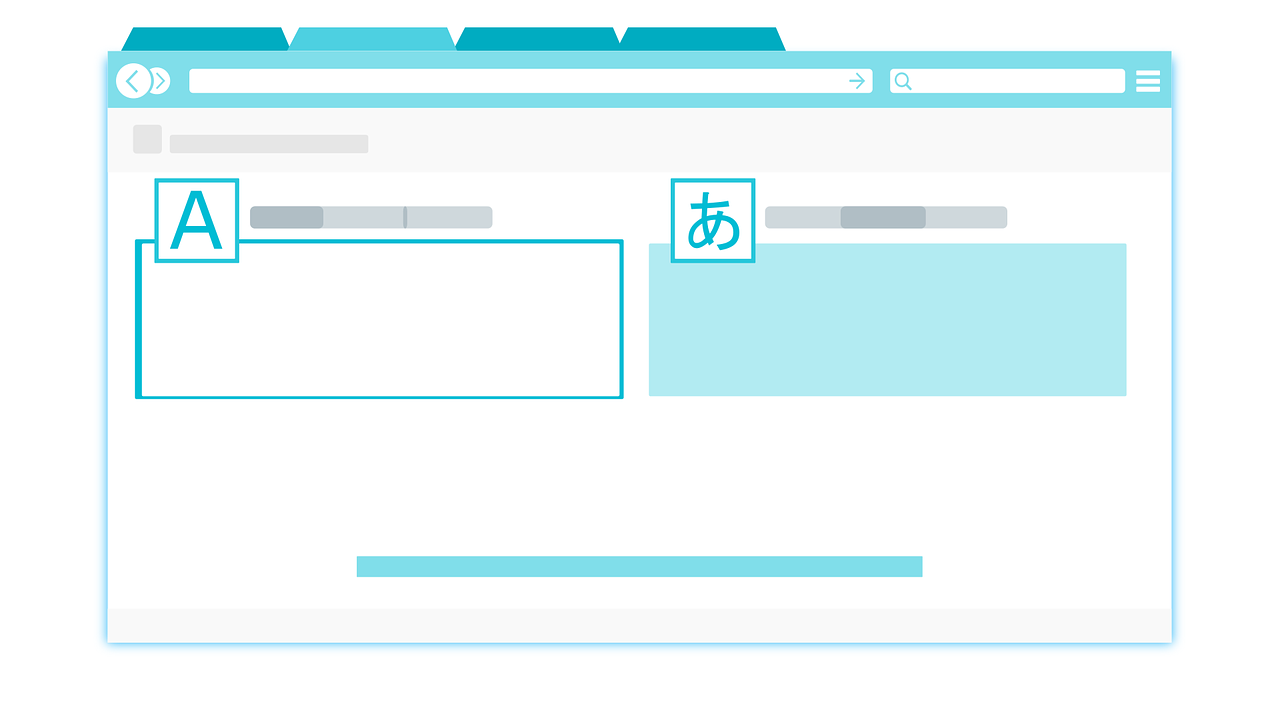For many people, going to college or university opens up a whole new chapter in their lives. They can enjoy the opportunity to advance their education and improve their career prospects. They can also look forward to meeting new people, enjoying new experiences, and developing their independence when living away from home.
Of course, no matter how exciting life at college might be, you need to stay grounded and ensure you focus on your studies. Finding ways to help your performance while at college can be a big help in terms of boosting your chances of educational success. In this article, we will look at a few of the ways in which you can boost your performance when you are studying at a college or university.
Tips to Help Boost Your Performance
With regular parties and social events, meeting new people, and enjoying new-found freedom, it is all too easy to let things slide when you go to college. However, some simple steps can help to ensure you stay on track. These days, students can also benefit from access to a wide range of resources and tools to help them with their studies. This includes everything from sites that offer biology homework answers and help with other subjects to textbook rental services online. These tools and resources like Studocu can prove very helpful to students, and there are also a few ways in which you can help yourself when it comes to college performance.
Eating Healthily
One thing you need to do when you are studying at college is to make sure you eat healthily. It is amazing what a difference a healthy diet can make when it comes to your ability to focus and absorb information, which is what you need to do when studying at college. You should make sure you avoid skipping meals and that you eat balanced, healthy meals. This will also have a positive impact on your overall health and energy levels as well as your concentration.
Getting Proper Sleep
Getting proper sleep is vital when it comes to your general health as well as your ability to focus on your studies. A lot of students fail to get a proper night’s sleep on a regular basis because they are enjoying college social events all the time or stay up all night studying to try and catch up. Lack of sleep can have a profound effect on many areas of your health. In addition, you will wake up feeling groggy, drained, and unable to focus on the subject at hand.
Structuring Your Studies
Haphazard studying is not really conducive to success when it comes to performing well at college. Therefore, you should try to get some structure, which is something you can do by creating a study timetable. You can go online to gain access to templates or apps that will help you to create a study schedule that suits your needs.
With these tips, getting through college and performing well will be far easier.
Read Also:






















